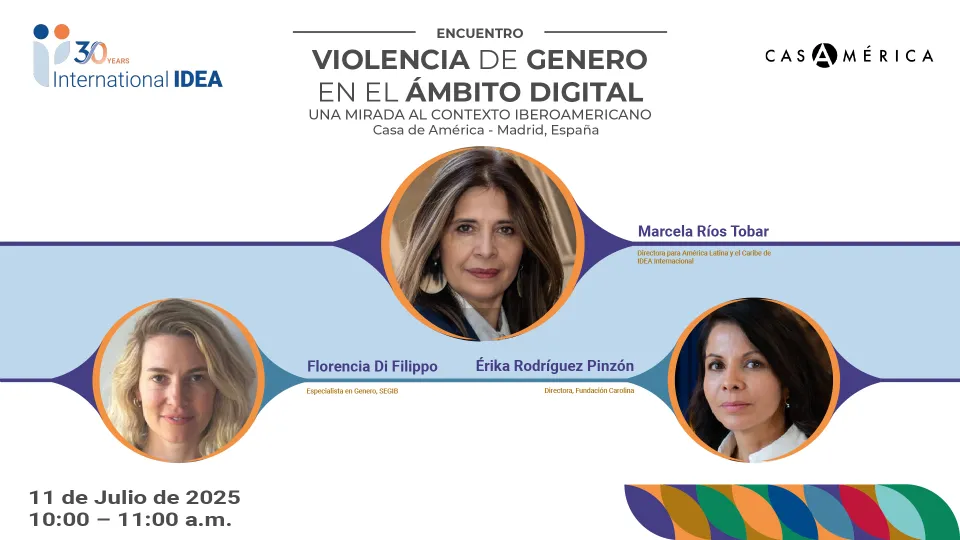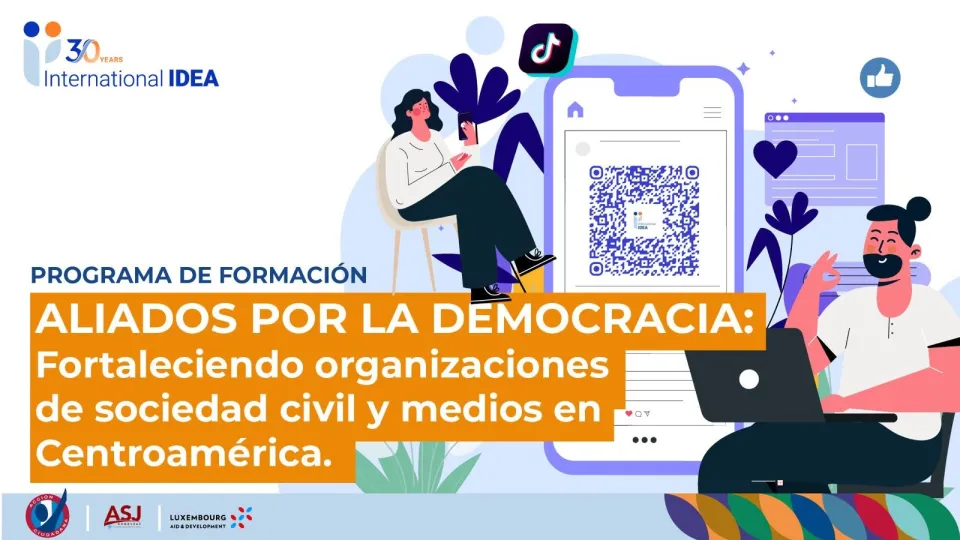Boundary delimitation is a crucial stage in the electoral cycle. It plays a significant role in ensuring proportional political representation through adherence to the one person – one vote – one value (OPOVOV) principle.
Búsqueda
Region
Country
Type
This regional report on Asia applies the globally informed framework developed in International IDEA’s 2023 report Designing Resistance: Democratic Institutions and the Threat of Backsliding. Through case studies examining eight countries—India, Indonesia, Mongolia, the Philippines, South Korea, Sri Lanka, Taiwan and Thailand—the report
The debate on democracy and election design in post-reform Indonesia is caught in a paradox. It must balance the emphasis on procedural election aspects with the need to strengthen substantive rights.
Natural resources feature prominently in many political and economic settlement processes after conflict. When these processes include constitutional reform, it may be expected that mechanisms for natural resource governance would be included in the new constitutional framework, but often this is not the case.
The year 2020 was very challenging for electoral stakeholders and administrators Indonesia; direct local elections were held simultaneously in all regions of the country amid the Covid-19 pandemic. Compounding this challenge, the 2020 direct local elections were held on 9 December, which coincides with the peak period of the rainy season in Indonesia.
The original edition of Women in Parliament: Beyond Numbers, published in 1998, was produced as part of International IDEA’s work on women and political participation.
Since its release, the picture regarding women’s political participation has slowly changed. Overall, the past decade has seen gradual progress with regard to women’s presence in national parliaments.


